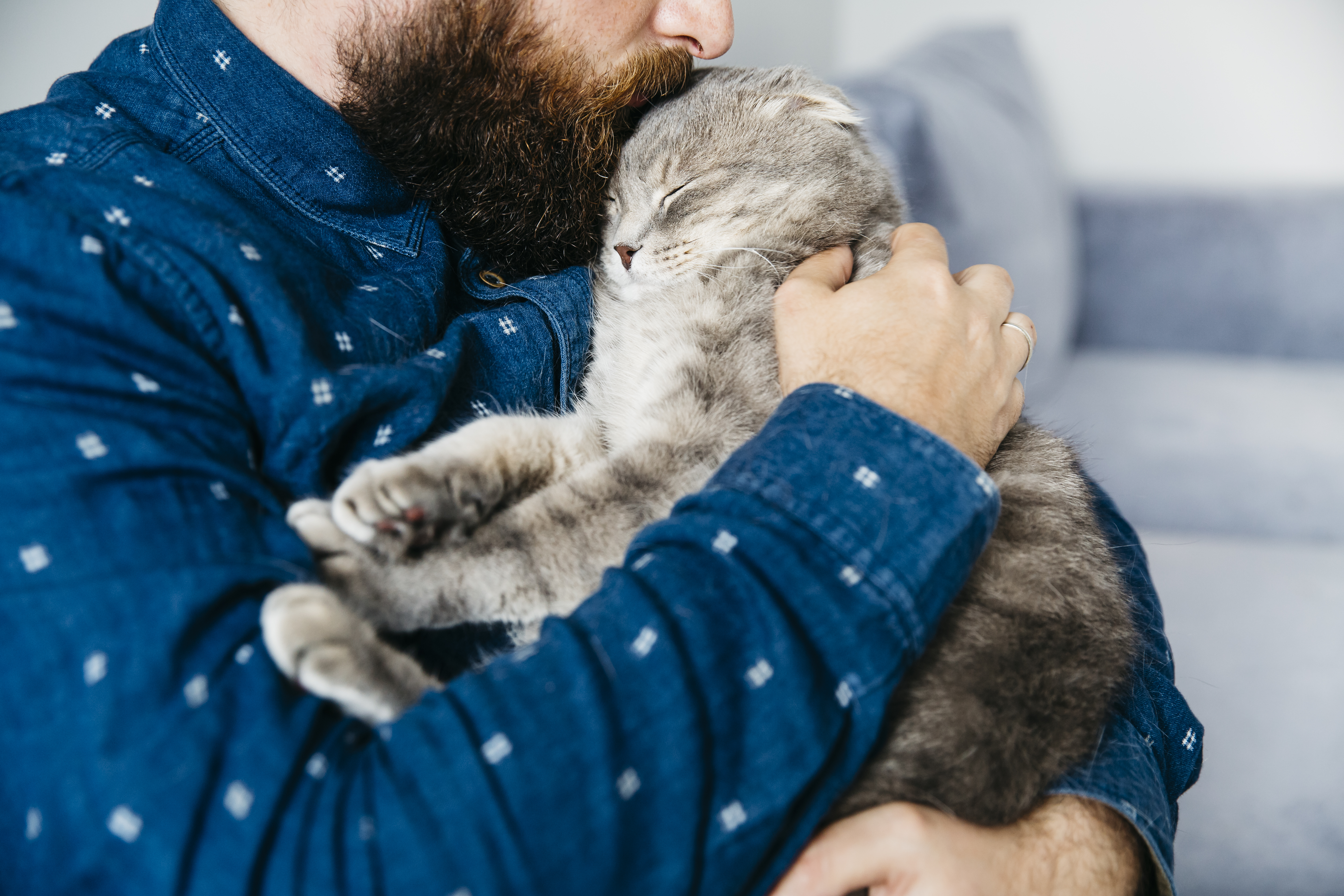
HOW TO TAKE CARE OF AN OLD CAT
Cats usually live longer than dogs, and if they are well cared, have good genetics, adequate food and an active lifestyle, they can go over 20 years of age.
Despite the popular saying about cats having seven lives, the truth is that cats have only one life, even though increasingly longer and satisfying, thanks to the medical, pharmacological and nutritional advances.
Physical activity, an adequate hygiene and the unconditional affection of his human family, are also factors that contribute to increase the longevity of our cats.
It is hard to define the moment in which a cat stops from being mature to become older, but there is an oriented strip that considers that felines get into maturity by the age of 8, but it is not until they age 12, that are considered elderly.
Specific care is essential in this vital stage of our cats. Thanks to them, We may provide a more rewarding old age to our felines
- Vet control
Elderly cats need to go to the vet to do regular check-ups and check that everything is going well.
- Adequate food
The feeding at each stage of the cat’s life is basic, with an advanced age, it is vital that the cat has an optimal feeding. Normally they have less activity so they will need a lower caloric intake, but at this age, it is more important that they obtain high quality proteins of easy digestion.
- Vaccination
The immune system of elderly cats is weaker so, now more than ever, we should not forget to vaccinate.
- Activity
Older cats need to have an active routine. Exercise is basic to maintain a good standard of living. In this way you can avoid diseases such as obesity or osteoarthritis, common in elderly cats.
- Hydration
To avoid the danger of dehydration, it is vital that you always have fresh, clean water at his/her disposal.
